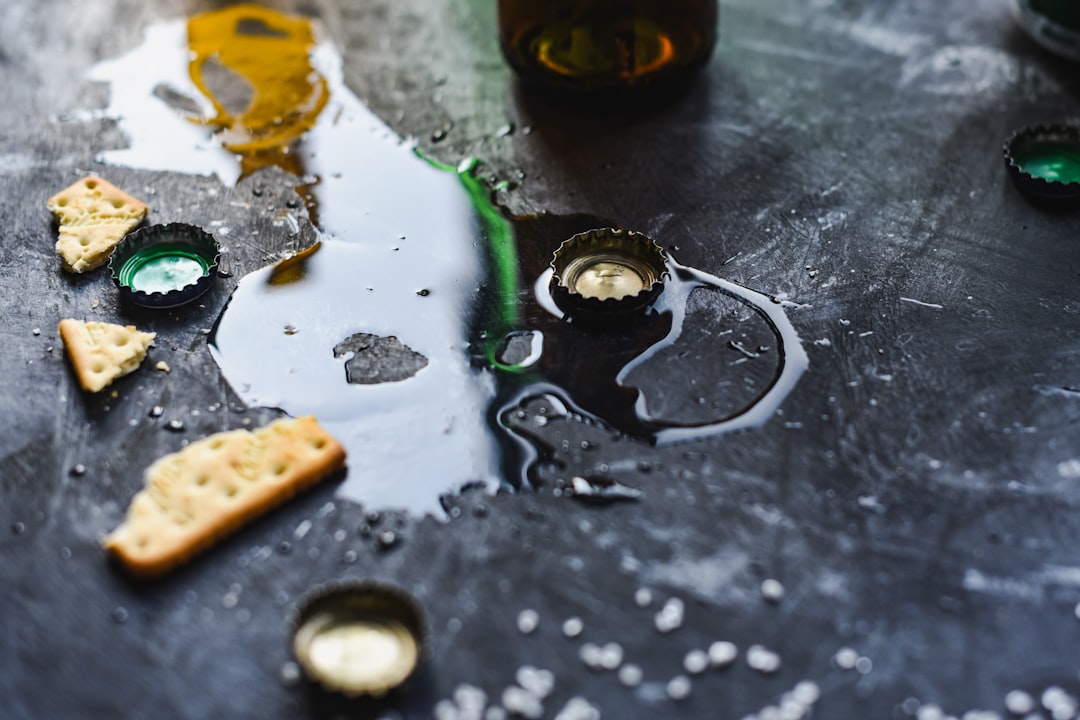Misunderstanding Alcoholics Anonymous
What AA is and is Not
*Originally published about 13 months ago (and went out to only 432 people) in March 2023. It was very popular. Let’s see if the bastard holds. Want to read the whole article? PAY. I’m worth it, people. $40/year or $5/mo. Then you can read ALL my posts.
~
Misunderstanding Alcoholics Anonymous
After 12.5 years sober “doing” AA, and after reading quite a few posts on Substack “about” AA, and reading many, many comments responding to it, I felt compelled to write about it.
First: Almost everyone I’ve heard discussing AA who isn’t a part of it gets it almost entirely wrong. Ditto the famous 2015 Atlantic article titled The Irrationality of Alcoholics Anonymous. (https://www.theatlantic.com/magazine/archive/2015/04/the-irrationality-of-alcoholics-anonymous/386255/)
It’s humorous and ironic to me: For all the people who constantly rail on “the media” (I do this frequently myself) a scarily large proportion of these people seem to rely almost entirely on the media’s myopic, biased, for-profit hot takes on AA.
For those of you who don’t know the basic, brief history of AA, here it is. Bill Wilson and “Dr. Bob” started the organization (free and for anyone with a “desire to stop drinking”) in the mid-1930s. Soon a small group of recovering alcoholics formed. Borrowing from Christian, Buddhist, Jungian and other concepts, as well as from The Washingtonians and The Oxford Group, the so-called “Big Book” of Alcoholics Anonymous was first published in 1939. There have been several editions of the Big Book since then. Members talk about “the program” being in “the first 164 pages.” (Meaning: Where the 12 steps are outlined. Beyond the “first 164 are helpful personal stories about alcoholism by members throughout the last three-quarters of a century.)
Since 1939, the year of the outbreak of war by Hitler in Europe, obviously a lot has changed, politically, culturally, industrially, socially, etc. The Big Book (BB for brevity) has been (fairly) criticized for being sexist, chauvinistic, even racist, and overall wildly out of date. This is very true. And yet myself and most diehard members generally feel that, like classic literature (say Twain, Dostoevsky, Faulkner, Fitzgerald, Hemingway, Baldwin), the basic universal truths remain just as potent in 2023 as they were in 1939. (Ditto Christianity, for believers, etc.) I think this is basically true. (And there is currently a new edition being born as we speak. I worry here about possible Woke-if-i-cation to the language, concept and ideology of the BB, but we’ll see how that lands.)
*[Never before, until 2020, had I attended so many [Zoom] AA meetings wherein politics were nakedly, partisan-ly and overtly discussed. This was, to say the least, highly disturbing. It was almost always coming from the far-left perspective, particularly (and egregiously) around identity politics. This is NOT what AA is about, in any form at all. AA tradition clearly steers away from any public political discussion, or on taking any political stance. AA remains neutral and apolitical, embracing all people of any religion, political persuasion, ideology, etc.]
But herein lies the main confusion, I think, between the media narrative of AA, and the reality: Culture.
I am a big fan of pointing to culture as the place of weakness in a given scenario. Whether it’s racial crime data or poverty statistics or gender-based statistics: Culture, to me, always seems to be the crux of the problem. It’s easy (and fun, if you’re young and/or lazy) to loosely blame “capitalism,” but it’s a lot more realistic, honest and heartbreaking to take personal responsibility for your community, your own family, your own unique self.
Anyway: I digress.
My point is: AA on paper, for sure, looks like going to Bible School. Judgmental; sexist; racist; God this and God that. Patriarchal and Christian to the core. The problem is this: That isn’t culturally what’s really going on in “the program.”
*[A side note here. This comment above isn’t monolithic, of course. If you get sober in, say, South Texas or Arkansas, you’re going to have a different cultural AA experience than if you got sober in, say, Oakland, San Francisco, Los Angeles, Seattle, Portland, etc. That goes without saying. In the South and Midwest, broadly speaking, you’re generally more likely to encounter religious perspectives. In Oakland and SF, you’ll generally find more atheistic points of view. (“Free thinkers,” as many like to call it.)]
But no matter where you’re located, one thing is true everywhere, and this cannot be stressed enough: There. Are. NO. Rules. In. AA. You can do AA however the Hell you want to. All the “rules” in AA are actually “suggestions.” As the 12 traditions let us know in tradition #3: “The only requirement for membership is a desire to stop drinking.” In other words: If you want to stop drinking: You’re a member. No money is required. No belief in “God” or Jesus Christ is required. You don’t have to read the book if you don’t want. You don’t have to do any of the steps. You don’t have to get a sponsor. You don’t have to speak at meetings. You don’t have to solely read “AA-conference-approved literature.” You don’t have to believe in any religion or swallow any ideology.


